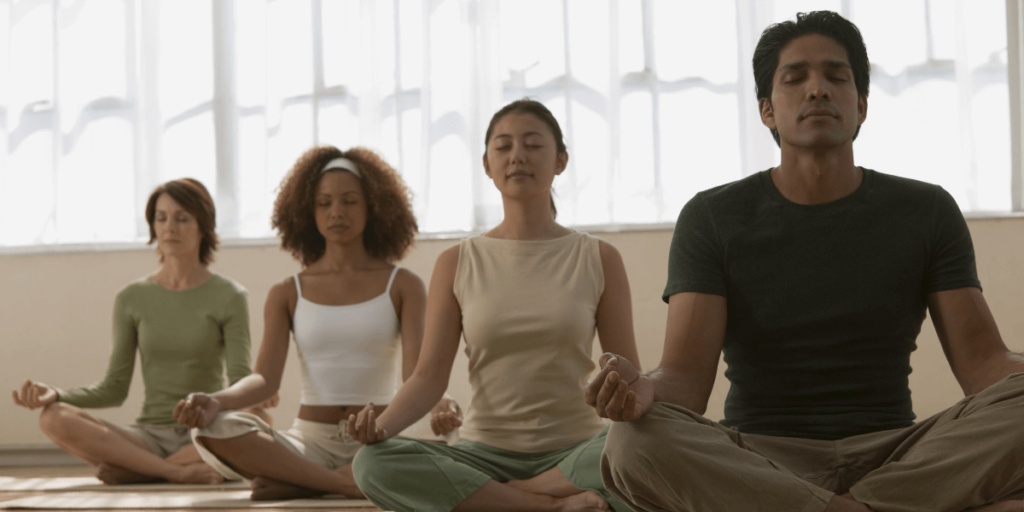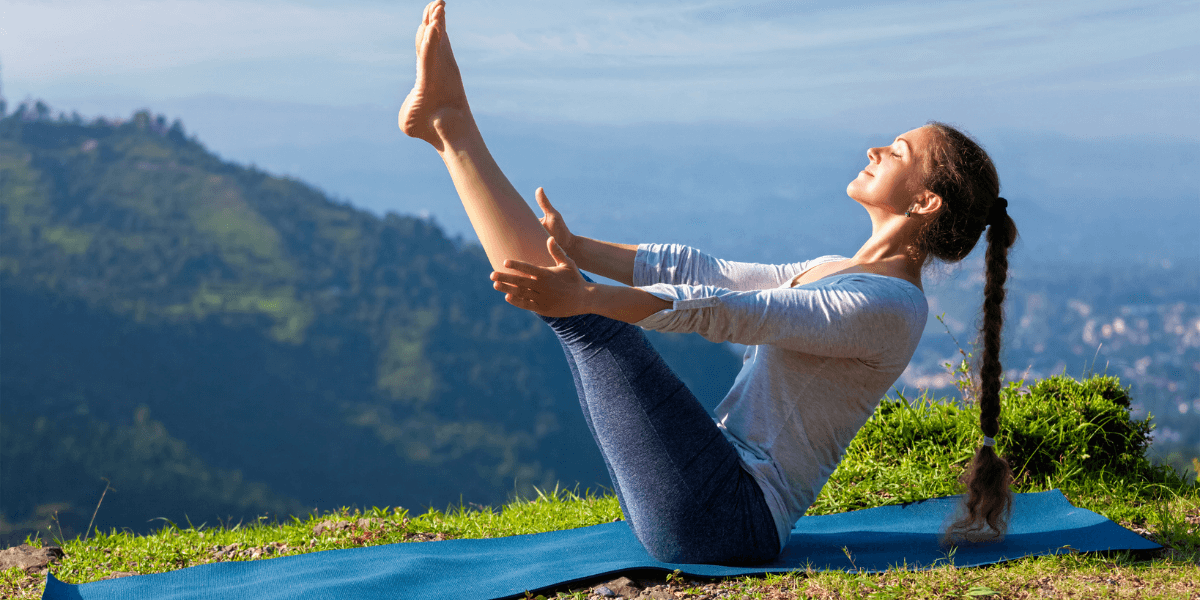Different times of the day are mentioned in ancient literature as being useful for meditation. However, the best time to meditate is when it feels natural for you. It’s not always about which option is better or which option is best for you. It’s not necessarily a question of better or the best, it’s a question of what works best for you. It means that it is completely up to you what time will you wish to meditate.
So, instead of forcing yourself to meditate at a set time, try a few different times to see what works best for you. Stick to it after you’ve identified a time that works for you.
Much of that, this article, will tackle not just the best time to meditate but also for advantages and disadvantages of different meditation times, as well as provide free guided meditation practices for various meditation times.
Different Times of the Day
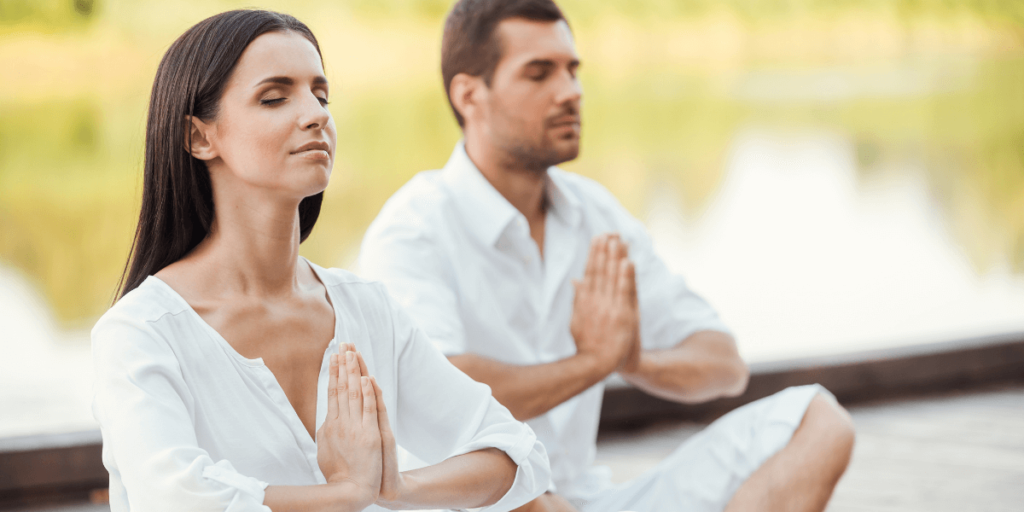
Morning Meditation
Traditionally, in the early morning around 3 am to 4 am, roughly 2 and a half hours before the sun had risen is the best time to meditate. The morning is a special time of day because the world is in transition. We progress from darkness to day, and nature awakens with us, leaving us in a serene, peaceful, and generally still environment. Those who meditate first thing in the morning notice that the natural world’s tranquility is mirrored in their own brains at this time.
Advantages:
- Creates a protective barrier against the stresses of the day
- Because you do it before the busyness of the day sets in, it’s easier to keep the daily habit and make sure you don’t neglect it.
- It improves your mood and sets the tone for the rest of your day.
- The advantages of the practice are more easily transferred to everyday life.
- You’ll naturally feel more rested, which will help you meditate more effectively.
- There are fewer mental distractions, and there is less noise around you.
Disadvantages:
- You might have to get up a little earlier than usual.
- Some people find it difficult to concentrate because they are still drowsy.
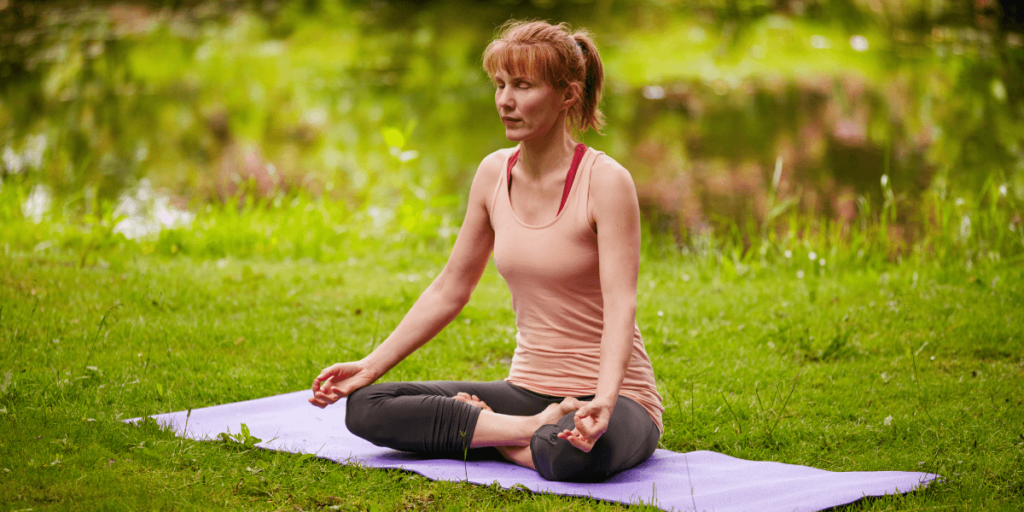
Midday Meditation
Meditating before lunch is becoming a more popular alternative for busy professionals who don’t have time to meditate in the morning and need a break in the middle of a hectic day.
Advantages:
- Allows you to take a natural break from your day, allowing you to decompress and prepare for the difficulties ahead.
- For the most part, noon is a time when we are fully awake and attentive but not yet sleepy, which is great for meditation.
Disadvantages:
- It can be difficult to find a nice area to meditate where you won’t be disturbed and won’t feel strange.
- Lunchtime may be hectic and inconsistent depending on the nature of your job; you may need to cut it short on some days, or you may be interrupted with an urgent call or task.
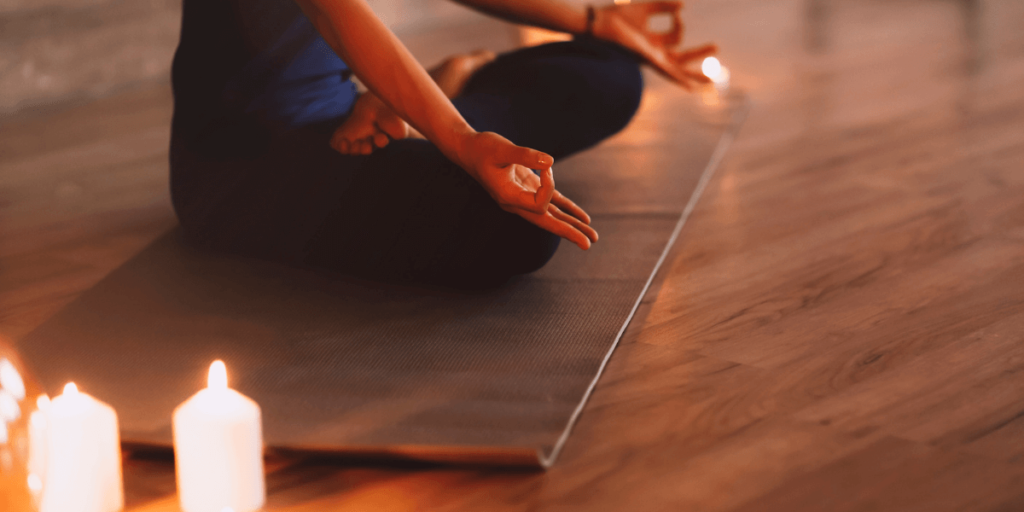
Night Meditation
It can be difficult to maintain a serious meditation practice at night, but it may be the best time for those who aren’t morning people.
Advantages:
- After a long day, this is a fantastic way to unwind.
- It provides a good gap between work and personal time.
- There is less of a time constraint.
- Allows you to unwind at the end of the day and sleep better.
Disadvantages
- You might be too exhausted to meditate.
- It’s possible that your mind is less awake and refreshed, resulting in sleepy sessions.
- It may be difficult to meditate every day—you may be fatigued after a long day at work, or you may have social or family obligations.
- You can’t “leave it for later” if you need to skip; you’ve already missed it.
If your primary goal with meditation is to improve your sleep, meditating immediately before night can be beneficial. If you meditate primarily for other reasons, though, it’s best to do it earlier in the evening—ideally before dinner—so you’re more active.
Conclusion
Although morning, noon, and night are all appropriate times to meditate, some people may find it impossible due to their schedules. The smartest thing you can do is meditate for a few minutes each day. Everyone can benefit from making time in their day to meditate in order to restore tranquility and promote mental and emotional wellness. Your capacity to commit to a set block of time in your day will determine how much time you devote to practice.
Take note!
The most important thing to remember is to develop a schedule that works for you. Then just set aside a time and be consistent.
